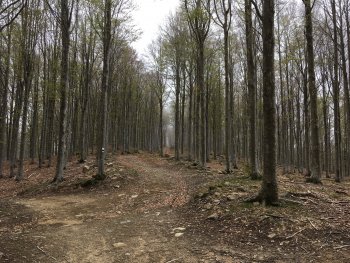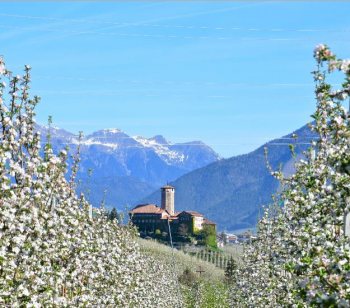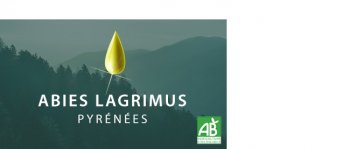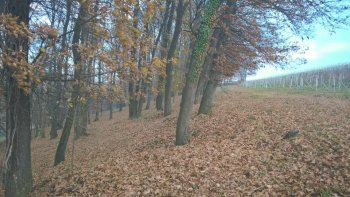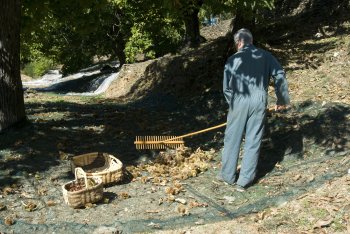|
City of Alba (Piedmont region, Italy) and the surrounding area, the Langhe and Roero are well known for wine production and some local gastronomic peculiarities, such as white truffle. Unfortunately, over the past 25 years, against a continuing increase in the value of farming products (grapes for wine and hazelnut for chocolate and sweet) and a consequent expansion of cultivated surface, there has been a 30% reduction in truffle-growing areas. “Save the Truffle” aims to promote alternative activities for recovering old truffle-beds and planting new truffle-generating |
...
